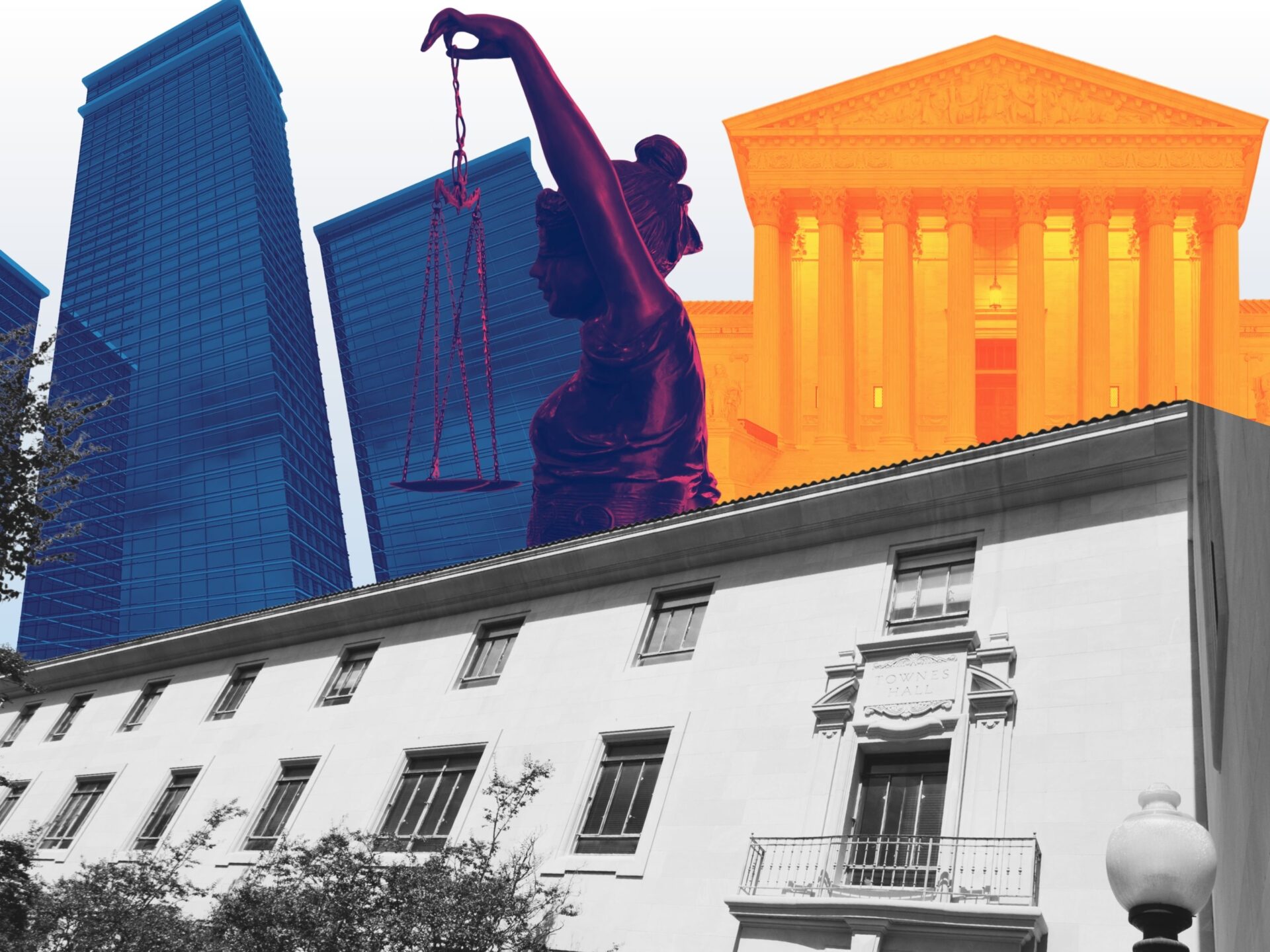
They work at law firms large and small, as in-house counsel and for nonprofits, and in government agencies and health systems, coast to coast.
This diverse group of Texas Law alumni has found success across a broad spectrum of legal careers. So, what do they have in common? They all participated in the Long Career Launch Program, a unique Law School initiative that supports recent graduates in the immediate period after taking the bar exam. The program provides alumni with stipends and career support for work at government and nonprofit organizations, enabling them to pursue career paths tailored to their unique talents and interests.
Founded in 2008 with an endowment from Joe Long ’58 and Dr. Teresa Lozano Long, the LCLP provides funding for up to 400 hours of fellowship work by recent graduates. According to Mindy Finnigan, Texas Law’s director of professional development, the program now supports around 10 to 15 new graduates a year with funding of up to $13,000 per graduate.
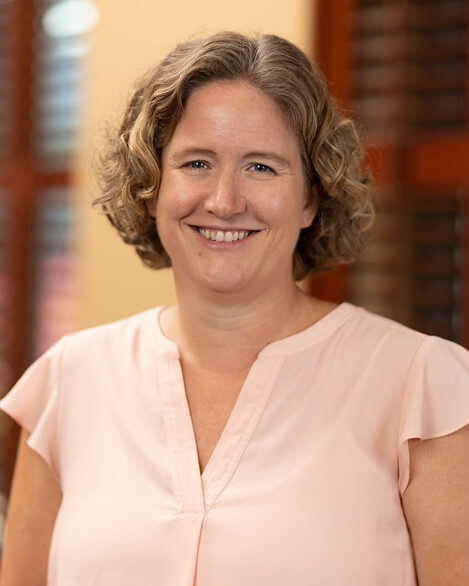
Since the first group of LCLP participants in the summer of 2009, hundreds of Texas Law graduates have been supported through the program.
While other law schools provide what they call “bridge funds” to help new graduates seeking work before they receive their bar results, often as a lump sum, Finnigan says Texas Law is unique. “I’m not aware of a school that funds this kind of postgraduate work as generously as we do,” she says.
There are just as many motivations to earn a juris doctor as there are law students. For those seeking careers in government, nonprofits, and in-house, the path is often indirect. “When you start talking about small firms, government, nonprofits, there’s no set timeline,” Finnigan says, since the roles students are seeking and the current health of the economy both have an influence. In addition, many employers do not hire for legal positions until the candidates pass the bar exam. (It can be months between sitting for the bar and learning their results.)
Valuable Bargaining Chip
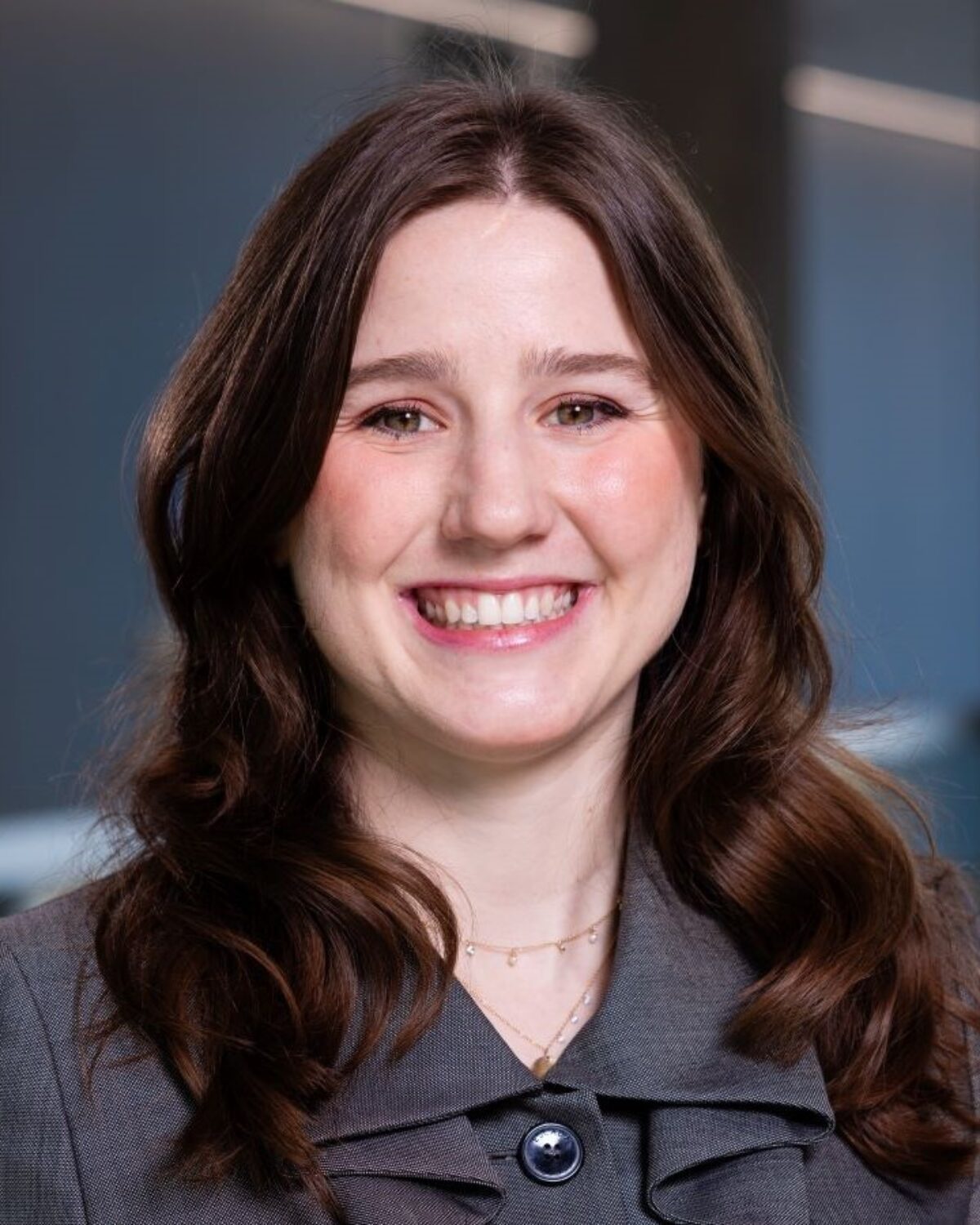
Grace Knight ’23—whose father and grandfather were both attorneys—believed advocacy would be a good outlet for her talents as well. But her first advocacy lessons were in the hospital room, not the courtroom.
As a toddler, she was diagnosed with cystic fibrosis, a chronic disease that affects lung and digestive function. Knight’s health challenges meant a lifelong struggle that forced her to take a medical leave of absence in college. She often needed to advocate for the best treatment.
That all changed in college when she began taking a new drug that successfully treated her condition. “Life turned around,” says Knight. Among other changes, the new stability enabled her to seriously consider a legal career. She then enrolled at Texas Law.
Knight knew she wanted to practice in the health care industry but wasn’t sure what trajectory that would take. With help from Texas Law’s Career Services Office, she explored internships and summer positions in disability rights, medical malpractice, and policy advocacy, before she decided that serving on the in-house legal team at a hospital or health care system was her ideal path.
Looking for the most direct route to a health system’s legal team, Knight discovered the support provided by the LCLP. She began contacting legal departments to arrange a fellowship and was surprised by the overwhelming response. “When you graduate from law school, you may not feel like you have a good bargaining chip,” she says. “But, thanks to the Program, this was different. Because they didn’t have to pay me, and I had my J.D., and I was ready to show up and do all the grunt work for them.” Knight believes that gave her an “in” she wouldn’t otherwise have had.
Knight chose the University of Texas Health Center at Tyler/UT Tyler Health Science Center, which houses an undergraduate program, medical school, and health system. In August 2023, she began working there as a legal fellow. After Knight received her successful bar exam results in the fall of 2023, UT Tyler Health created an attorney position for her.
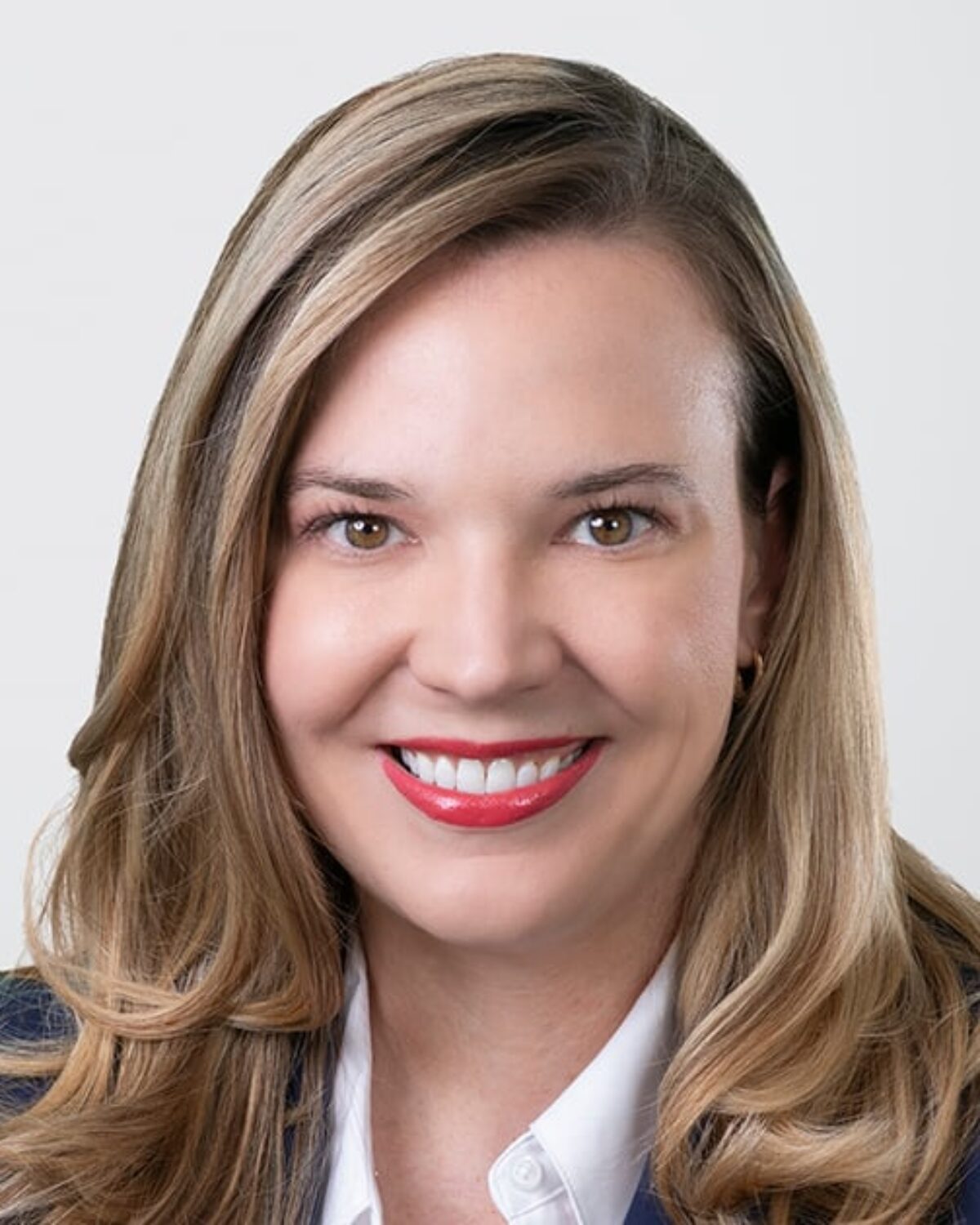
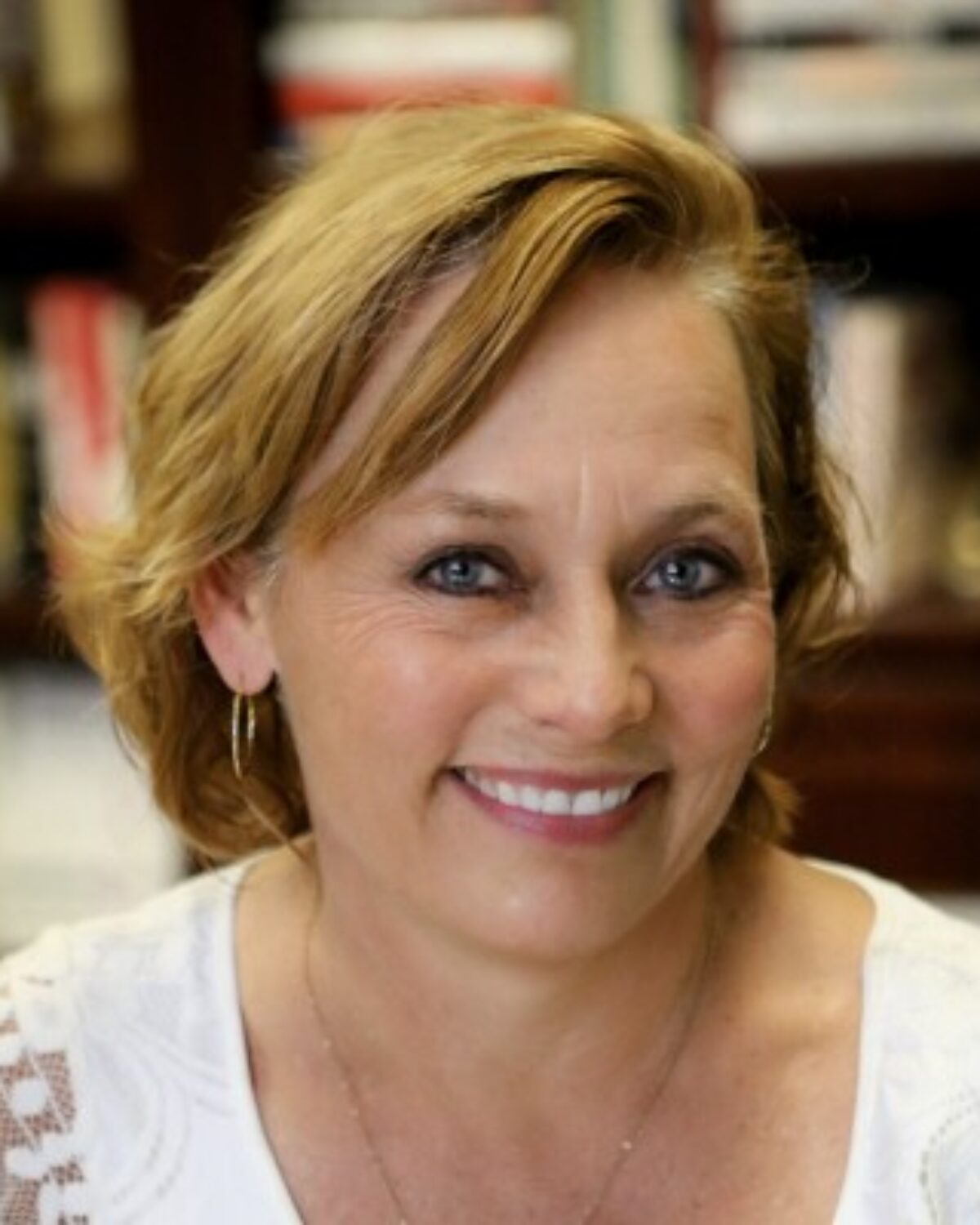
Kate Goodrich ’18 also had her sights set on a nontraditional career. After graduating with a bachelor’s degree from The University of Texas at Austin, Goodrich worked for a government relations firm in Washington, D.C. and knew she wanted to be a lobbyist. She chose to return to UT for law school in part because of its location in the state capital.
Through the Texas Law mentoring program, Goodrich met longtime lobbyist Lisa Anderson ’88, who became a valuable resource and friend. She also completed an internship in the Texas Senate. But as a new law graduate looking for jobs between legislative sessions, it was difficult to land a position.
That’s where the LCLP helped.
Along with a former Capitol colleague, Goodrich walked around the building passing out resumes. “I was able to tell the people in the Capitol offices to whom I was pitching my services that the first months we worked together, my salary will be supplemented by Texas Law,” she says. “It helped me sell myself.”
And her pitch was successful: Goodrich began working for the Texas State Senate Finance Committee, which led to subsequent opportunities with the Health and Human Services Committee, the speaker of the house, and in private practice government relations with prominent law firms.
“It was a nontraditional path,” says Goodrich. “It wasn’t something that they came to the Law School to recruit for!”
Organizations also benefit from the LCLP. Those that are often short-staffed can bring in motivated and hardworking law graduates who only need supervision. Although many LCLP participants go on to work for their sponsoring organizations long term, others use their fellowship (and the connections they make there) to help them step into other opportunities.
Overcoming Challenges
Sometimes life throws law students for a loop. The LCLP helps in those situations as well. For example, Goodrich’s father died during her 1L year at Texas Law and her grades took a hit as a result. The Career Services Office’s guidance and the LCLP’s support helped Goodrich pursue her dream career even when things got “bumpy,” she says.
“It can be really challenging when life happens during law school,” says Goodrich.
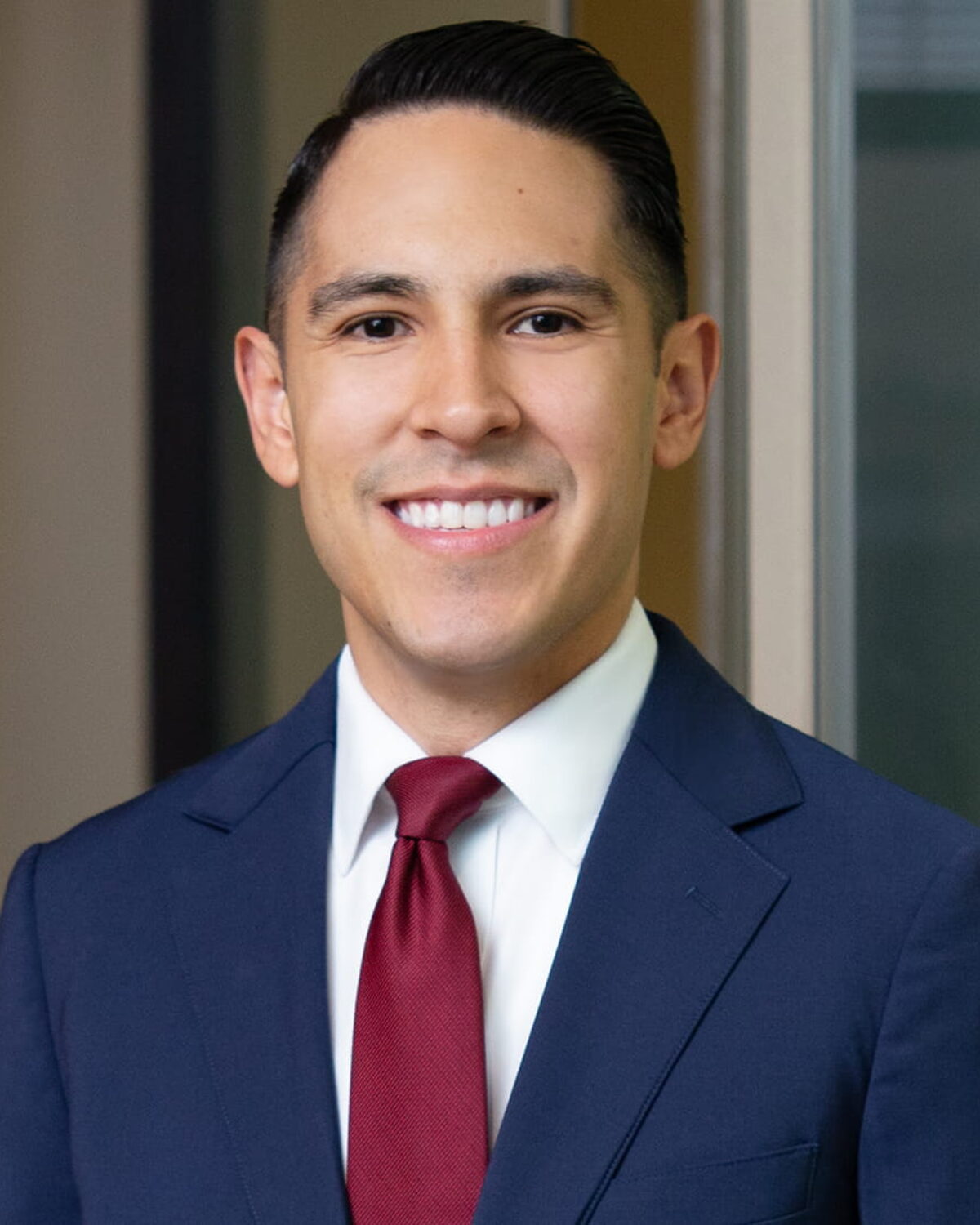
Similarly, the LCLP helped Carlos Carrasco ’14 achieve career goals in the face of a different kind of adversity. With an undergraduate degree in economics and finance and a knack for logic, while at Texas Law, Carrasco was interested in corporate law and mergers and acquisitions. He took business-related courses and helped entrepreneurs in UT’s Jon Brumley Texas Venture Labs, a university-wide initiative to accelerate startups.
Carrasco had a job lined up with an Austin company where he would provide legal services for micro businesses. Shortly before his graduation, though, the company went through a transition—and the position promised to Carrasco was eliminated. “I just buckled down, took the bar exam, and then after the bar exam was over, I learned about the Long Career Launch Program,” he says. “I started shooting applications off to partner organizations left and right and homed in on things best suited for my skill set.”
The Public Utility Commission of Texas was seeking a hire for its oversight and enforcement division. With a focus on the economic side of the energy market, the role seemed like a good fit. Carrasco landed the position, thrived, and after he passed the bar, was offered a permanent job.
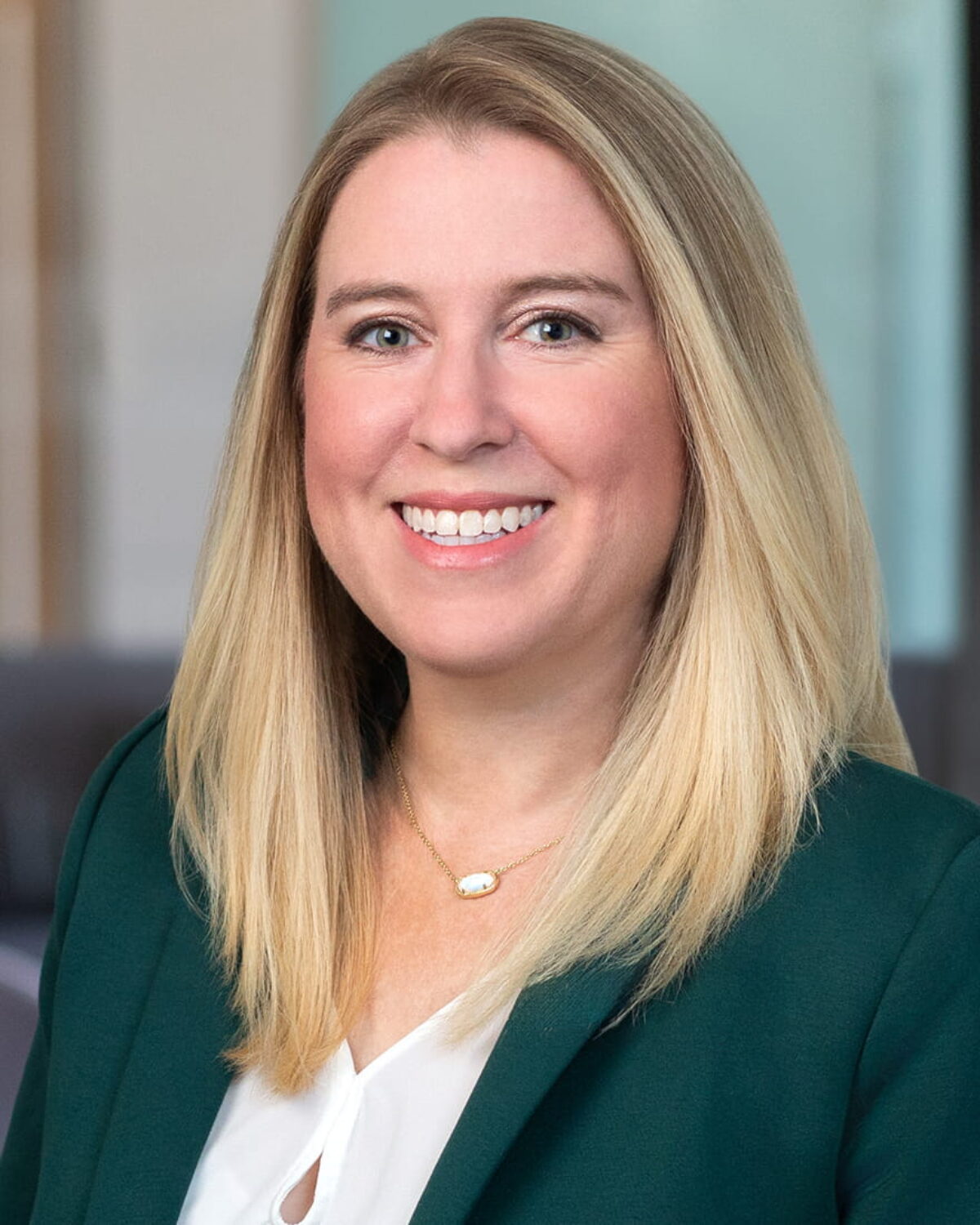
While there, Carrasco met Jennifer Littlefield ’10, herself a former LCLP participant, and through Littlefield and other commission colleagues, he eventually landed at Haynes Boone, where he is now a partner in the Energy, Power, and Natural Resources Practice Group in the Austin office.
“You never know what’s going to happen,” Carrasco says. “You just have to be willing to show initiative, take control if things change, and give yourself that opportunity to explore different paths.”
Boots on the Ground
The LCLP was named for the Longs, who have been prolific supporters of the Law School, but the name Long Career Launch Program can also be a reminder that a legal career is the proverbial marathon, not a sprint.
For all three graduates, the Program created entry points to opportunities they may not otherwise have had, but where they’re currently thriving. For Goodrich and Carrasco, the firms where they now work value their insider expertise. For Knight, LCLP was a fast-track to a coveted in-house counsel position.
“Having worked in the Capitol is instrumental in being able to know who to call when you have to get to the heart of a problem,” says Goodrich, who made those connections during her time there. “It would be really challenging to be a traditional lawyer who had not had Capitol experience and try to navigate the inner workings.”
“There wasn’t a better place to learn the energy industry than the state agency,” notes Carrasco. “The experts are there—people who are willing to help teach, guide, and mentor you.”
At UT Tyler Health, Knight has had a unique full-circle experience. In her current role, she handles contracts ranging from employment for the system’s 350-plus physicians to research-related agreements. Knight’s life was changed by a new drug and, she says, “knowing that I personally benefit from the kinds of agreements that I work on as an attorney, that’s really cool.” She’s excited to imagine that future patients will have their lives impacted positively through the research and researchers she is able to support in her role.
“The Long Career Launch Program is a great opportunity, regardless of where you end up after it and where your career goes,” concludes the CSO’s Finnigan. “The biggest thing for me is making students aware that this is a way that a lot of people launch very successful careers.”
